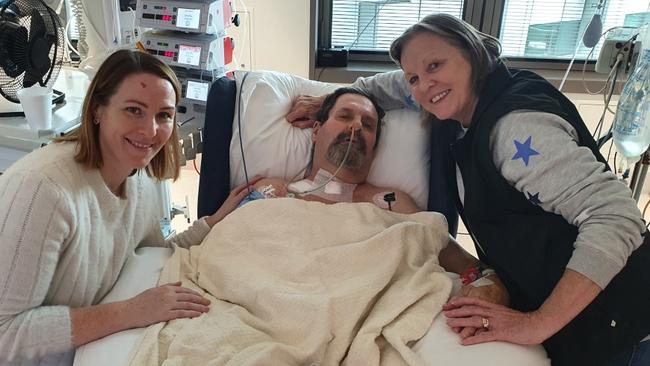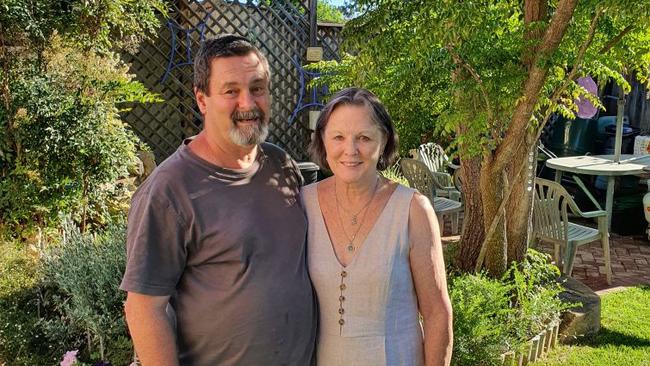Sepsis treatment on next stage of clinical trials across hospitals throughout the country
Sepsis is the cause of 1 in 5 deaths across the globe, and a group of Victorian specialists have found a treatment that may help the organs in the body that come under risk.

Australian scientists are developing a new treatment for deadly sepsis, and are moving onto the next phase of clinical trials across the country.
The Florey Institute of Neuroscience and Mental Health discovered that patients administered with sodium ascorbate showed signs of improved organ functions across the body, and needed less medical assistance in restoring blood pressure.
The results were positive enough for researchers to investigate the effects of sodium ascorbate outside of sepsis treatment. Potential benefits include assisting in open heart surgery, treating a subarachnoid haemorrhage or traumatic brain injury, and acting as an immune stimulant for immunocompromised patients.
The Florey Institute successfully tested the chemical on an unresponsive patient in 2020, then trialled it from then until 2022 with 30 patients at Melbourne’s Austin Hospital.

The results of the study have been published in the journal Critical Care, which found that patients administered with the drug showed improved kidney function, reduced requirements for blood pressure-maintaining drugs, and reduced multi-organ dysfunction.
The next phase of clinical trials will involve 300 patients over 1 to 1.5 years.
The World Health Organisation said in 2020 that sepsis was responsible for 11 million deaths every year. Austin Hospital’s director of intensive care research, Rinaldo Bellomo, said that its extremity and speed makes sepsis the biggest killer in intensive care units across the world.
“People may not appreciate how big a problem sepsis is,” Professor Bellomo told The Australian. “Your kidneys don’t work, your lungs don’t work, your circulation malfunctions, your liver malfunctions, and your chance of dying is around 20 per cent. And this is a much bigger risk than having a heart attack, which is the sort of thing that people immediately understand and recognise.”
Professor Bellomo said that while this is only the beginning of research, the progress so far has been promising. If the next phase is a success, their team will seek an international trial.
“If that is shown, then it becomes a new additional treatment for sepsis on a global scale,” he said. “And then we will have achieved our dream of diminishing the mortality rate of sepsis across the planet.”
Lead investigator Yugeesh Lankadeva’s grandmother died of sepsis after contracting Covid-19 in Sri Lanka. Having worked in sepsis research since completing his doctorate, he said the tragedy reinforced his passion to find successful treatment.
“Nothing is worse than a patient not getting the treatment that they need,” he said. “Nothing is more important than to push this forward as safely and effectively as possible, to the patients that need it most.”







To join the conversation, please log in. Don't have an account? Register
Join the conversation, you are commenting as Logout